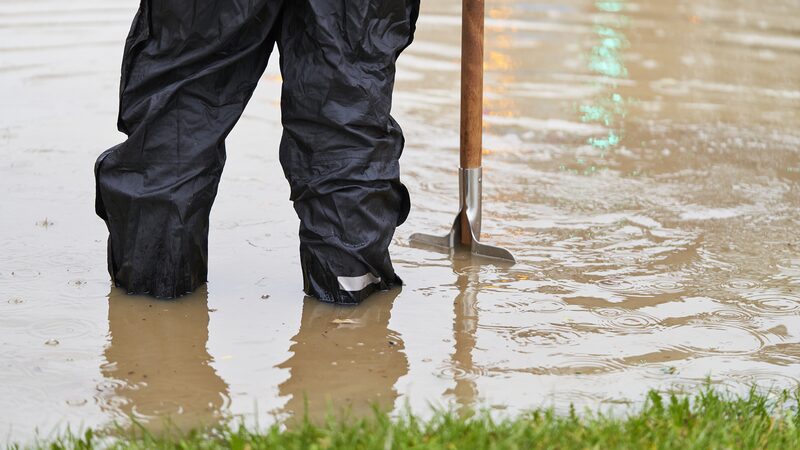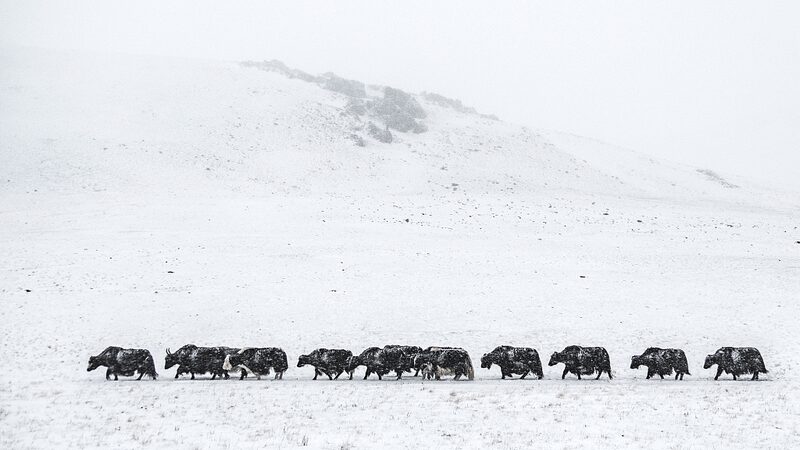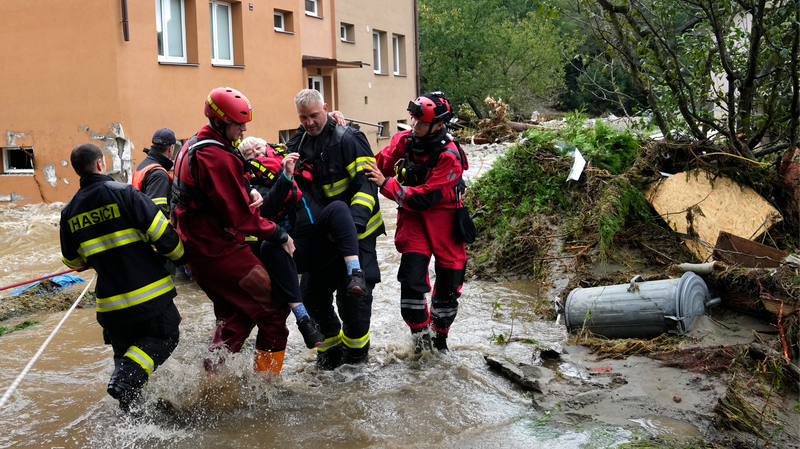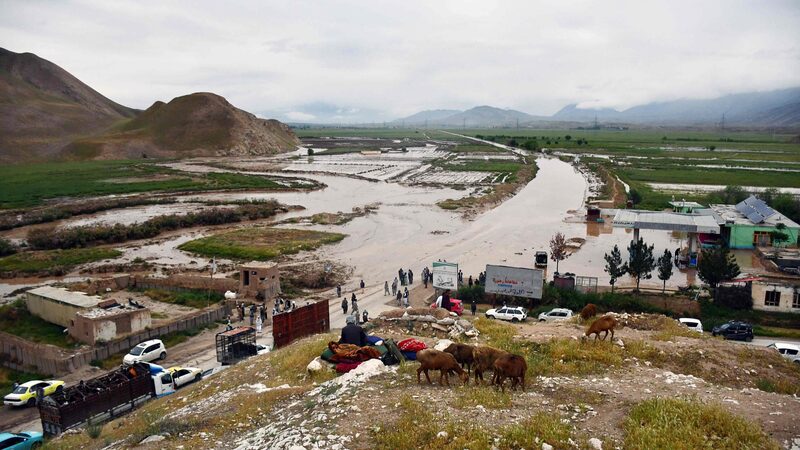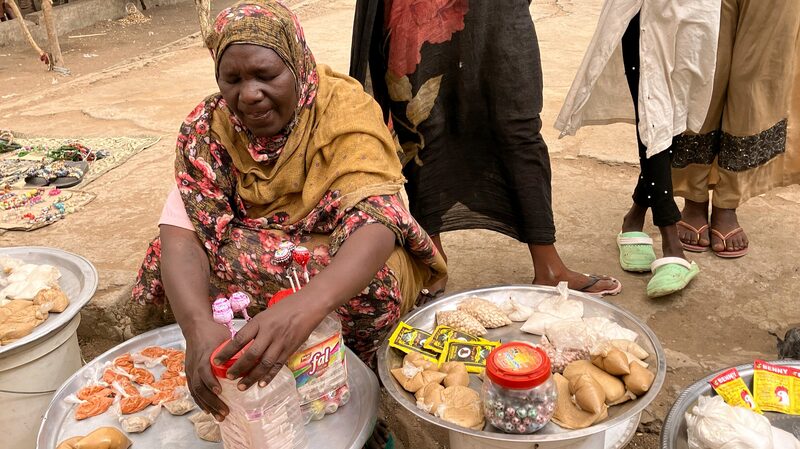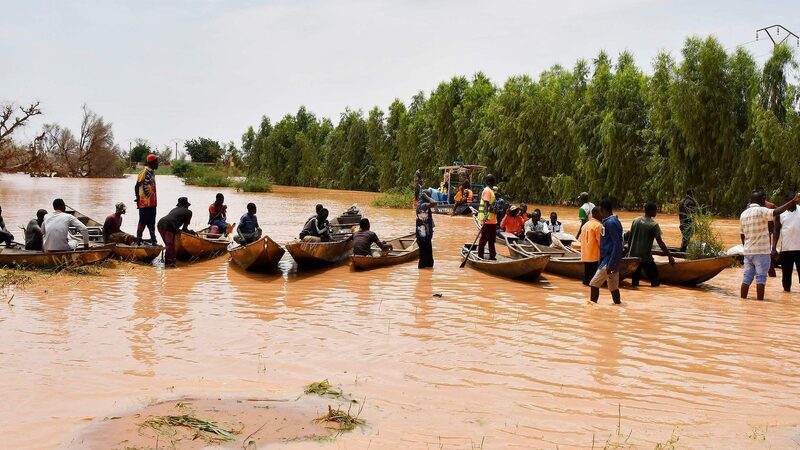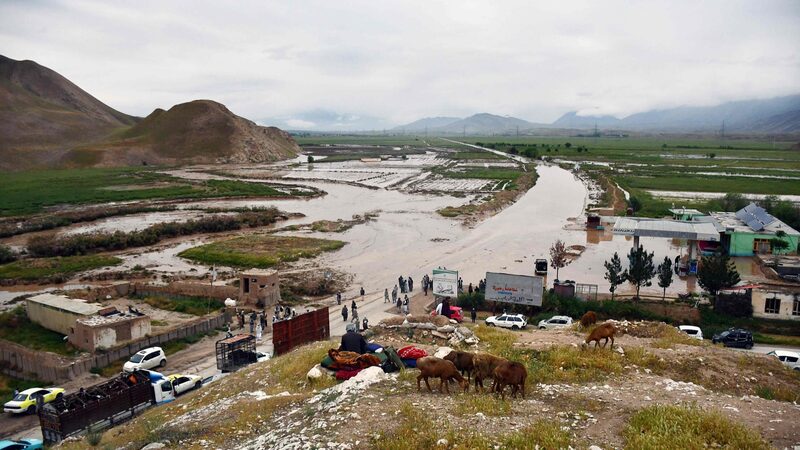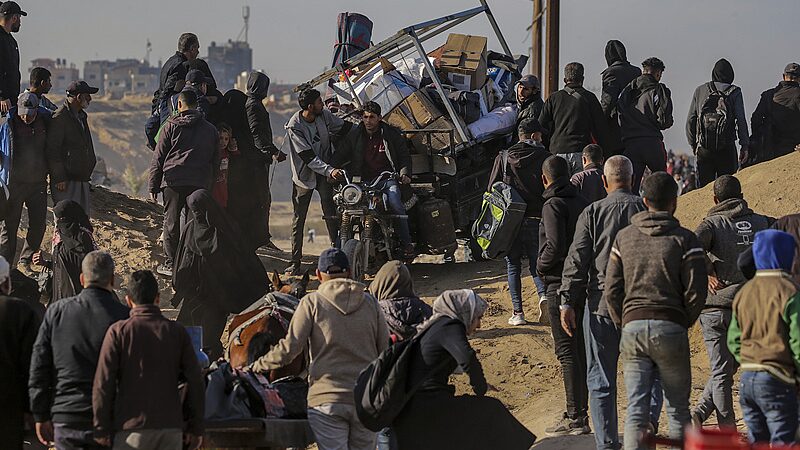Heavy rains since June have unleashed devastating floods across Niger, claiming 53 lives and affecting over 18,000 people, the United Nations Office for the Coordination of Humanitarian Affairs (OCHA) reported on Wednesday.
The floods have impacted 2,501 households and destroyed 1,636 homes, 29 classrooms, and killed nearly 11,000 livestock, causing widespread disruption and loss. The figures mark a significant increase from an earlier report in June, which recorded 21 deaths and nearly 6,000 affected nationwide.
OCHA warned that more than 247,000 people could be affected by the floods before the end of the rainy season, which typically concludes in late September. The agency highlighted that the flooding is exacerbated by global climate change and poses a recurring threat to the West African nation.
“Exacerbated by global climate change, flooding is a recurring threat in Niger,” the UN agency stated.
Nearly every region of Niger has been affected, with the south-central region of Maradi being particularly hard-hit. The capital city, Niamey, home to two million residents who often face deadly floods, has been spared thus far.
In response to the crisis, humanitarian organizations including UNICEF, UNHCR, the International Organization for Migration, and the Red Cross are mobilizing to support the Nigerien government. Efforts include providing food stocks, emergency shelters, and hygiene kits to the most severely impacted areas.
Authorities have been proactive in mitigating the impact on the population by sending text messages urging people to stay sheltered, secure livestock, and use a toll-free emergency number for assistance.
The rainy season in Niger, spanning from June to September, regularly results in fatalities, even in the country’s typically dry desert regions. Last year, floods were particularly deadly, causing 195 deaths and affecting 400,000 people.
Reference(s):
cgtn.com
